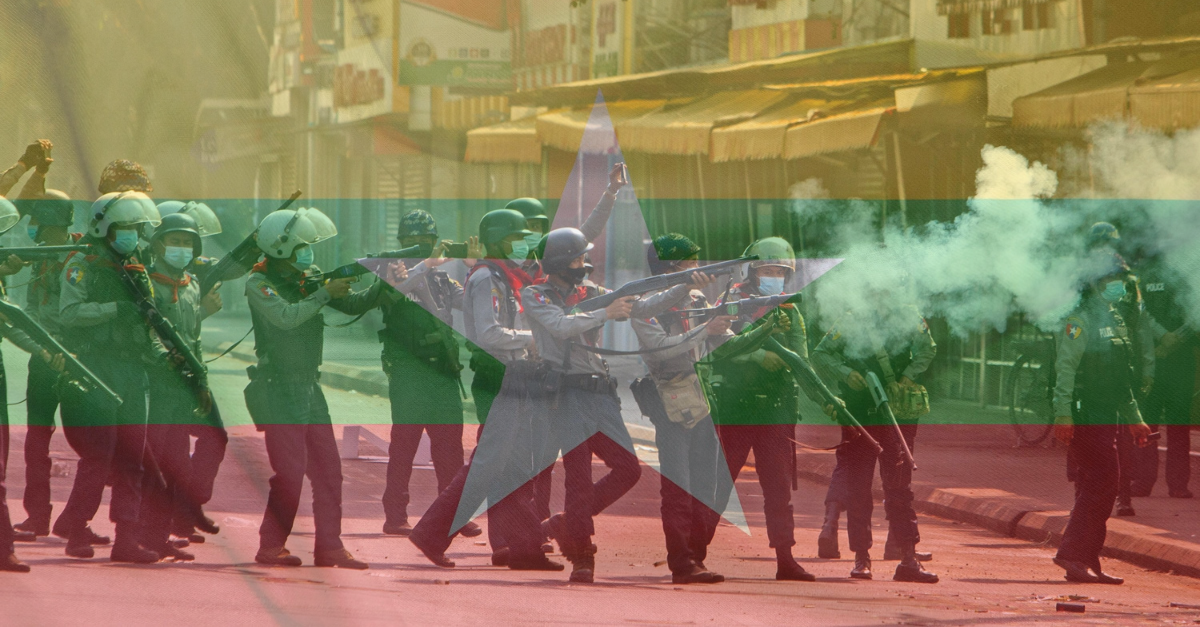23/08/2023 (Myanmar) - In early September, global leaders gathered in Jakarta for the ASEAN and East Asia Summits. These meetings included G7 leaders, U.S. Vice-President Kamala Harris, and U.S. President Joe Biden at the G20. A crucial focus was Myanmar, where a 2021 coup led to a military junta's crackdown on opposition and ethnic groups.
The junta engaged in arbitrary detentions, torture, and military attacks, amounting to crimes against humanity. A pardon for Aung San Suu Kyi was a distraction from their state of emergency extension. Diplomatic efforts since the coup floundered. ASEAN, allies, and the U.N. Security Council couldn't curb abuses or hold the junta accountable for past crimes.
Despite ASEAN's limitations, the five-point consensus from April 2021 was referenced, masking inaction. Myanmar's generals hoped for surrender. While the people resisted, many nations complied. Yet, the horrific human rights crisis demanded attention.
The Myanmar military's six-decade violence persisted. Some worst crimes occurred amid prior democratic reforms. The military's indifference to rights abuses persisted.
The U.N. Security Council's role needed reevaluation. A stronger stance, including sanctions and an arms embargo, was needed. ASEAN partners and dialogue attendees should signal U.N. action intentions. They should urge sanctions enforcement and Myanmar's suspension from ASEAN without reform.
Thailand and Singapore must prevent evasions of U.S. and EU sanctions. International pressure had not been unified or effective. Sanctions lacked robust enforcement and targeting of income sources.
Efforts to block extractive revenues could reduce junta income. International banks' compliance could further weaken transactions. Myanmar's military ignored calls, expecting a divided ASEAN to change them.
Effective measures were still possible. Political will mattered. Myanmar's people hadn't given up. The world shouldn't either.



